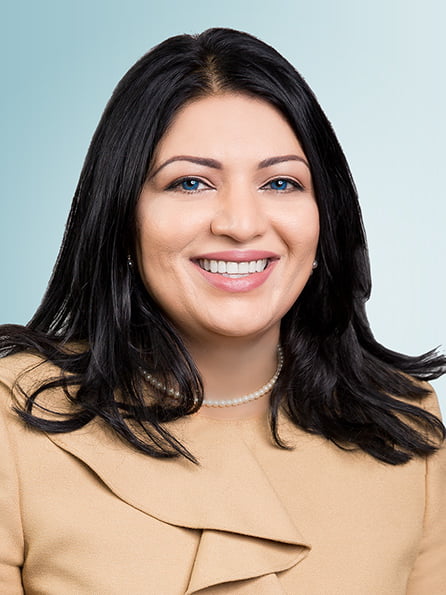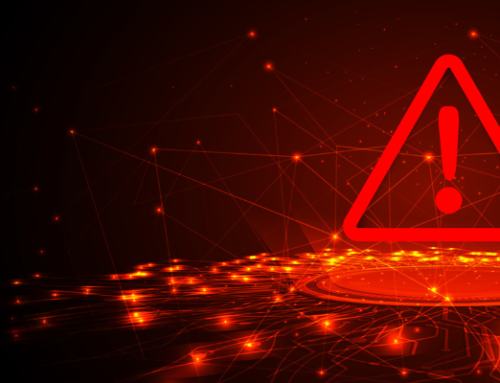Introduction
The 35th Annual Fraud Conference in Las Vegas featured an array of distinguished speakers, but one that truly stood out was Jonna Mendez, former CIA Chief of Disguise. Known for her expertise in espionage and disguise, Mendez’s insights offered a unique perspective on fraud detection and prevention. In this article, we’ll explore the key lessons organizations can learn from Mendez’s fascinating career in the CIA and how they can be applied to the world of fraud fighting.
The Art of Disguise and Deception
Jonna Mendez spent years mastering the art of disguise and deception, skills that are directly relevant to understanding and combating fraud. Fraudsters, like spies, rely on deception to achieve their goals. Mendez’s experiences highlight the importance of thinking like a fraudster to anticipate their moves and uncover their schemes.
Key Takeaway: To effectively detect and prevent fraud, organizations must adopt a mindset that considers how fraudsters operate. This includes understanding their motivations, tactics, and the ways they disguise their activities.
Attention to Detail
One of the hallmarks of Mendez’s work in the CIA was her meticulous attention to detail. Whether creating a realistic disguise or planning a covert operation, every detail mattered. This same level of scrutiny is essential in fraud detection.
Key Takeaway: Organizations should train their teams to pay close attention to the smallest details. Anomalies, no matter how minor they seem, can often be the key to uncovering fraudulent activities.
Innovative Thinking
Mendez’s role required constant innovation and creative problem-solving. Fraudsters are continually evolving their tactics, and staying ahead of them requires innovative thinking and adaptability.
Key Takeaway: Encourage a culture of innovation within your fraud detection team. Regular brainstorming sessions, staying updated on the latest fraud trends, and being open to new technologies and methods can significantly enhance your organization’s ability to detect and prevent fraud.
Building a Strong Network
Espionage relies heavily on a robust network of contacts and collaborators. Similarly, fighting fraud effectively often requires collaboration across different departments and organizations.
Key Takeaway: Build strong networks both internally and externally. Foster communication and collaboration between departments such as finance, IT, and legal, and establish connections with other organizations, industry groups, and law enforcement agencies.
Training and Preparedness
Training was a crucial aspect of Mendez’s work, ensuring that agents were always prepared for the unexpected. In fraud detection, ongoing training and preparedness are equally important.
Key Takeaway: Implement regular training programs to keep your fraud detection team sharp and informed about the latest fraud tactics and prevention techniques. Simulated fraud scenarios can help prepare your team for real-world situations.
Adapting Espionage Techniques to Fraud Detection
Mendez’s talk at the conference emphasized how techniques from espionage can be adapted to fraud detection. For instance, the use of surveillance and counter-surveillance methods can help in monitoring and identifying fraudulent activities.
Key Takeaway: Explore how traditional espionage techniques can be adapted to your organization’s fraud detection efforts. This might include advanced surveillance techniques, enhanced interrogation methods for internal audits, or using disguise and misdirection to test internal controls.
Conclusion
Jonna Mendez’s insights from her career in the CIA, offer valuable lessons for fraud detection and prevention. By adopting a mindset of deception, paying close attention to detail, encouraging innovative thinking, building strong networks, and ensuring continuous training and preparedness, organizations can significantly enhance their fraud-fighting capabilities.
Mendez’s unique perspective reminds us that the fight against fraud is an ever-evolving battle that requires constant vigilance and adaptability. By applying these lessons, organizations can stay one step ahead of fraudsters and shine brightly in their efforts to combat fraud.





